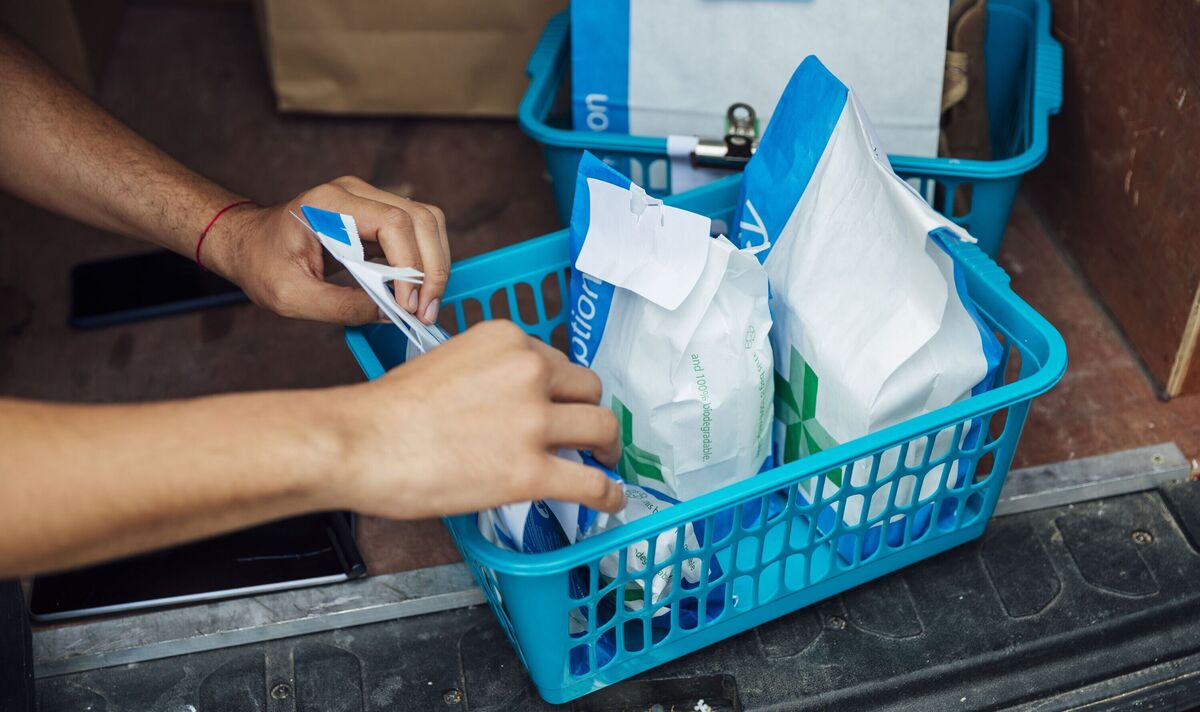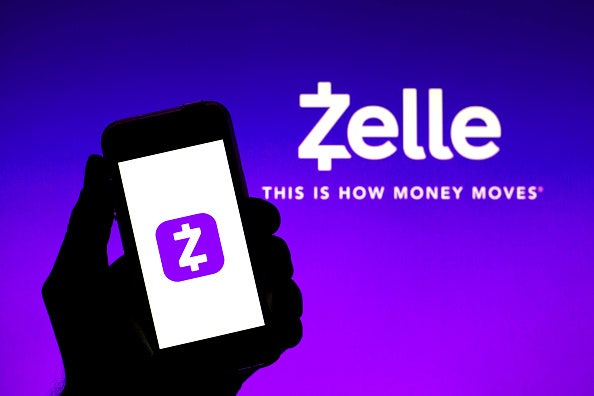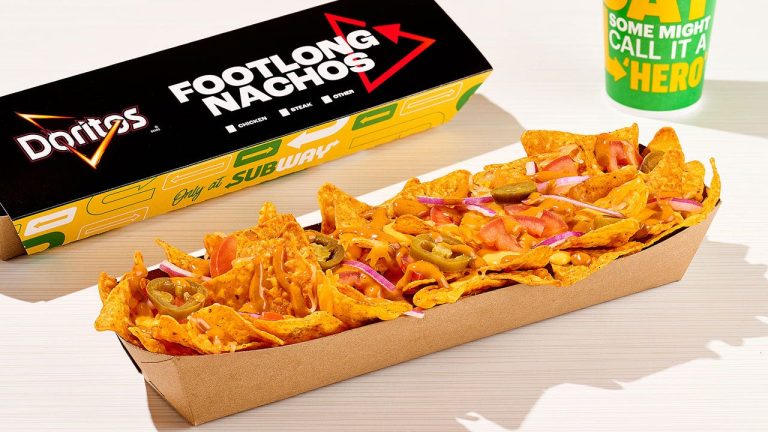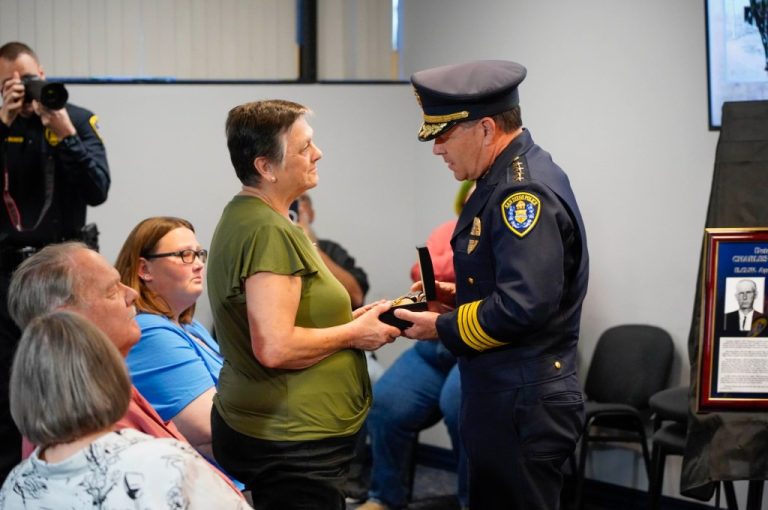
Certain Britons can knock hundreds of pounds off medication costs if they qualify for the NHS’s free prescription scheme.
While most NHS treatment is provided free of charge, there are certain services that people have to pay for, such as dentist appointments, prescriptions, and eyesight tests.
The price of an NHS prescription increased this year to £9.65 per item, which can become costly for those who need several items frequently.
But there are up to 15 groups of people who can get these for free, so it’ll pay for people to know if they could qualify.
Age, benefits, or a valid exemption certificate are all important factors that determine whether someone can claim medication for free, and here’s the full list of groups.
Who is eligible for free prescriptions?
The following groups can get NHS prescriptions for free:
- People who are under 16
- People who are aged 16 to 18 and in full-time education
- People who are pregnant or have had a baby in the previous 12 months
- People who are registered as disabled and are unable to go out
- People who have a war pension exemption certificate
- People who are an NHS inpatient
- People who receive Income Support
- People who receive Income-based Jobseeker’s Allowance
- People who receive Income-related Employment and Support Allowance
- People who receive Pension Credit Guarantee Credit
- People who receive Universal Credit (UC) and their earnings during their last assessment period were £435 or less, or £935 or less if their UC includes an element for a child or they have limited capability for work
- People who own a valid NHS tax credit exemption certificate
- People who have a valid NHS certificate for full help with health costs (HC2).
- People who have certain illnesses including cancer and epilepsy
- People who are aged 60 or over.
To clarify eligibility, people can use the NHS’s three-minute tool that allows them to check more accurately.
Those eligible for a free prescription could also pick up over-the-counter medicine for free, such as treatment for minor and common illnesses.
This is available through the NHS Minor Ailment Scheme, which is currently widely available across Northern Ireland, Wales and Scotland, but only in selected pharmacies across England.
The Minor Ailment Scheme is available in certain pharmacies, including some Boots stores, but what medicines are covered depends on the location. It’s suggested that people talk to their local pharmacy directly to find out what they offer.
To claim free medicine, people may need to bring proof that they don’t normally have to pay prescription charges.
Support for people who don’t qualify for free prescriptions
There are additional means of support available for people experiencing financial difficulties who don’t qualify for free prescriptions.
Measures include pre-payment certificates (PPC) and the NHS low-income scheme.
PPCs cover all prescriptions at a set price and generally save people money if they need more than three items in three months or 11 items in 12 months.
This is because while a prescription typically costs £9.65 per item, a PPC costs £31.25 for three months, and £111.60 for 12 months.
The NHS low-income scheme is available to those who don’t have savings or capital of over £6,000 and must be at least one of the following:
- A pensioner
- A student
- Earning a wage
- Receiving state benefits
- Living in a care home.
The amount of help given depends on weekly income and necessary outgoings, plus any savings or investments the person has at the time of applying. People can apply online here.






